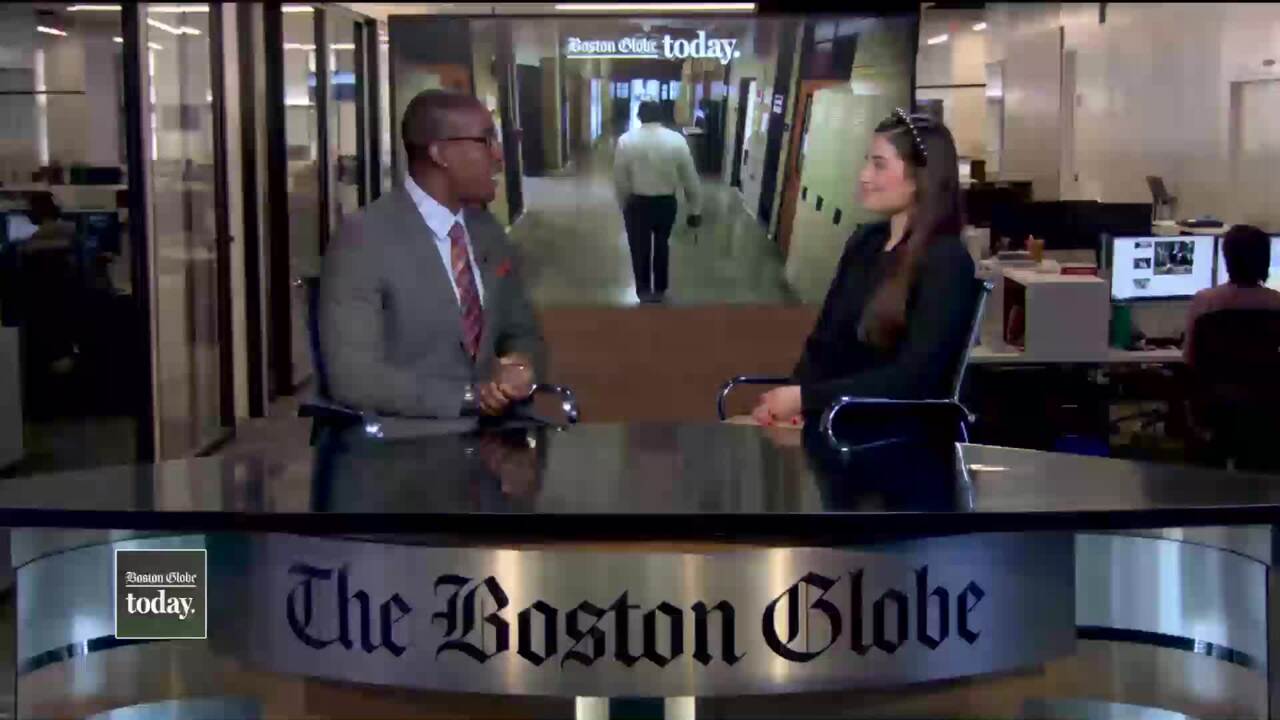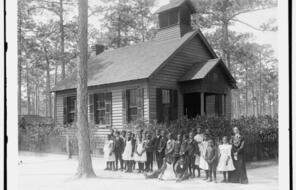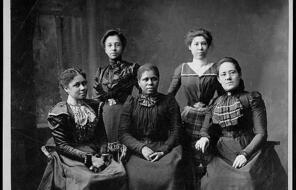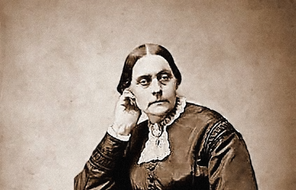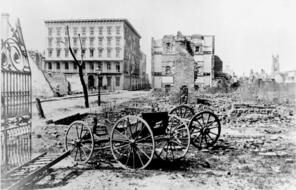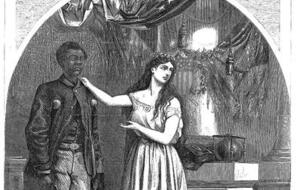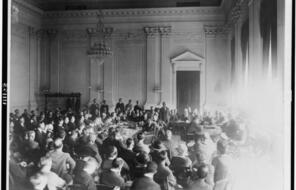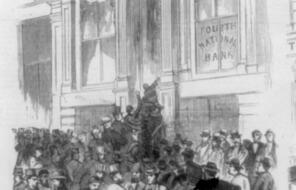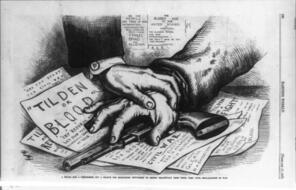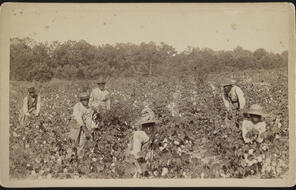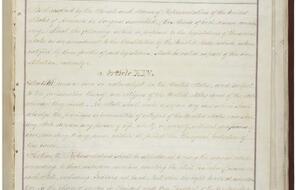Deanna, thank you so much for being here. Thank you so much for having me.
Now, I read your article and I felt the quote from Shakespeare: friends, Bostonians, countrymen. I come not to praise this school system, but to bury it. What brought you to this story and why write about it?
So I'm actually not from Boston. I came here from Ohio, was educated in public schools my whole life. And when I encountered the high school system here with its hierarchy of exam schools at the top and sort of everyone else at the bottom, it was really shocking to me to know that we as a city were tolerating and allowing to persist a system that was so clearly unequal. One in which serves students who are disproportionately white and wealthier particularly well, and one that serves our majority. Students of color not particularly well.
Two of the schools that you really focused on are Boston Latin School and Burke. And one of the students that you speak of at is a student from Burke named Justice. Can you talk about, you know, her and her journey through this education system? Like you said, that's very shocking.
Well, so justice, like so many students in the Boston system, you know, didn't initially apply to an exam school like she knew that, you know, these types of schools existed. Her mother had gone to one. But at the time, you know, she had gone through her own, you know, personal tragedy. Her mother had passed away. She had struggled a little bit in middle school, ended up having to repeat a grade and was taking all of her classes, either online or she was home schooled. So, you know, she didn't have the preparation, the even the confidence to even think about applying to an exam school.
In your story, it's she chose Burke on her own with almost no parental intervention. Right. A young girl who's lost her mom. Now picking a high school by herself. And in your story, you write, she picked it because it's a school that she kind of drove by and she didn't think she could get into the schools. The exam schools. It sounds like the difference between Harvard and a community college.
What makes this sort of situation even worse and more grossly unequal, is that this is a public school district and all children here are entitled to an education. You know, not everybody is entitled to a college education. Obviously, Harvard is a private college. We have an obligation as a community to serve every one of our students. I mean, public education is a public good. So I wanted to just make that point real quickly, just to underscore the kind of gross inequity of the situation.
Oh, you cooking now, get your militant stance on. Okay, I see you, Miss Pan. Yes. First of all, thank you for the correction. Yes. Put that militant stance on. If these are our tax dollars, what are the superintendent and the mayor doing about this education inequity?
Well, so the interesting thing is, and as I say in the story, these inequities are decades in the making. And in fact, you know, if you look back to, you know, the 1970s, you know, during busing and school desegregation, you know, the argument then, of course, was that our schools are grossly unequal, that black students are getting a substandard education compared with white students. You know that basic premise really has not changed at all.
You mention that at a school like Boston Latin, at Boston Latin School, it is 38% white, which is almost double what the other open enrollment district schools are, that there's a racial disparity. There's also a huge financial disparity. As you continue to write about these education inequities, what will be the silver lining? Where can change come?
This conversation that we're having isn't new and obviously isn't surprising to the people who run the city. But the state has pointed out that the basis of this problem really goes back to Boston's assignment
system and how they place and assign students through their school choice mechanism. Others would argue that the mere existence of the exam schools, you know, perpetuates this inequality.
Boston Globe Education Reporter Deanna Pan, thank you so much for joining us. Thank you for having me.
